CEGA supports activities at all stages of the innovation-research-policy impact cycle

We identify research needs
Leaders are hungry for better data and evidence to inform their decisions. Too often, they must make important choices without fully understanding the realities of people’s lives or how to design approaches for maximum impact. CEGA works with leaders in government, private philanthropy, technology companies, and nonprofit organizations to identify where rigorous research about social and economic development programs is needed.
We generate evidence
CEGA supports research that leverages the most relevant and useful data, methods, and partnerships available to answer critical policy questions. Through competitive funding rounds, CEGA enables researchers to test promising ideas in the field, collecting outcome data directly from poor households, small businesses, and communities. We pride ourselves in developing and using innovative tools and methods to bring the most credible and rigorous evidence available to policy-makers.
We improve the quality of evidence
CEGA improves the quality and credibility of the data, evidence, tools, and analytical methods used to drive large-scale societal impact by promoting high standards for research transparency and reproducibility and promoting the use of cutting-edge measurement tools and methods — transforming the way that evidence is generated.
We make the evidence ecosystem more inclusive
CEGA advances diversity, equity, inclusion, and justice in our work and across the evidence-informed policy ecosystem by elevating low- and middle-income country scholars, women, and underrepresented groups and building scholars’ skills and capabilities to produce policy-relevant evidence and communications.
We effectively deliver evidence, tools, and insights
CEGA ensures that the evidence, insights, and tools we generate are effectively delivered (and put to use) by leaders by promoting meaningful collaboration between researchers and policymakers and sharing research with key decision-makers.







